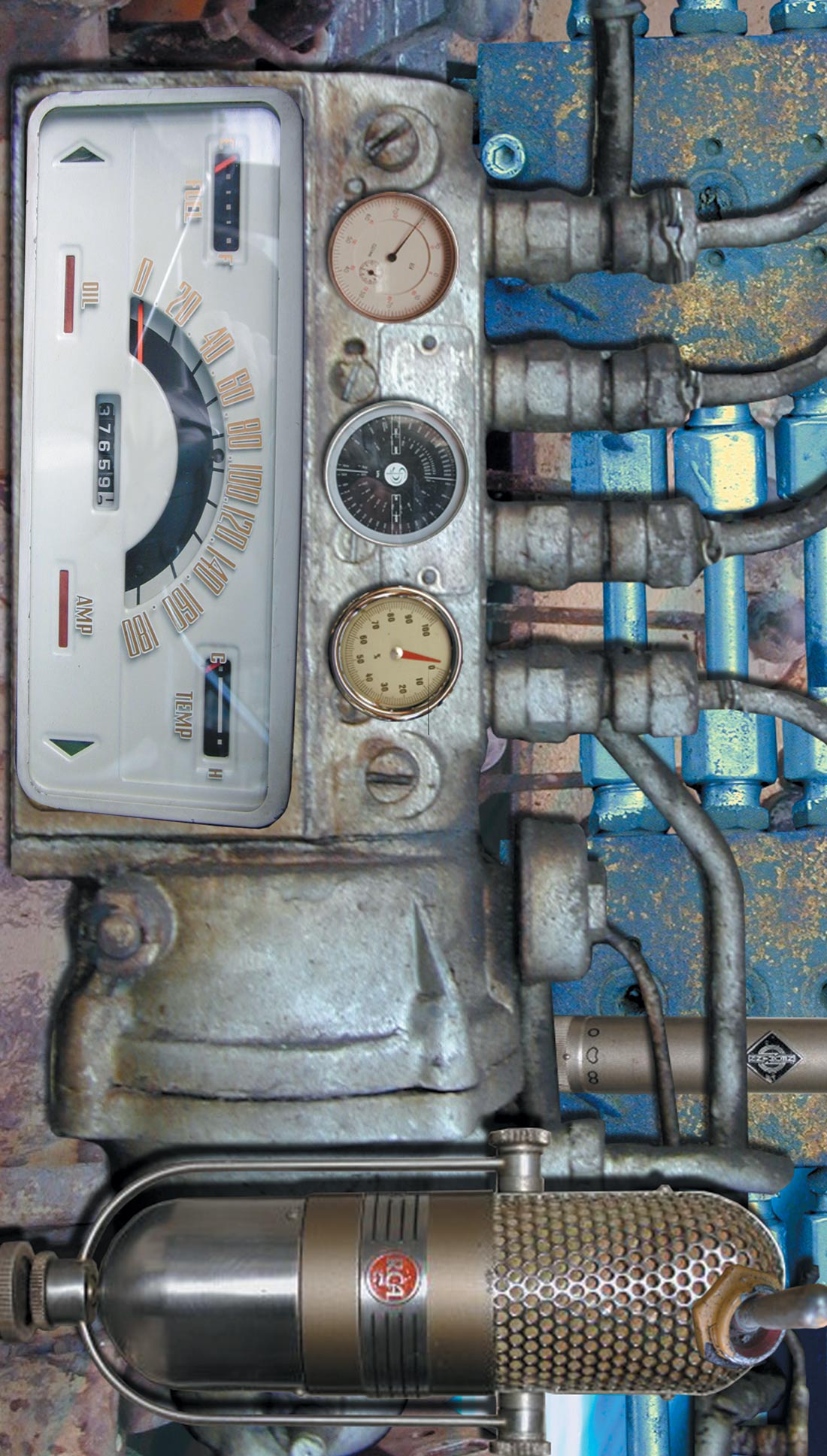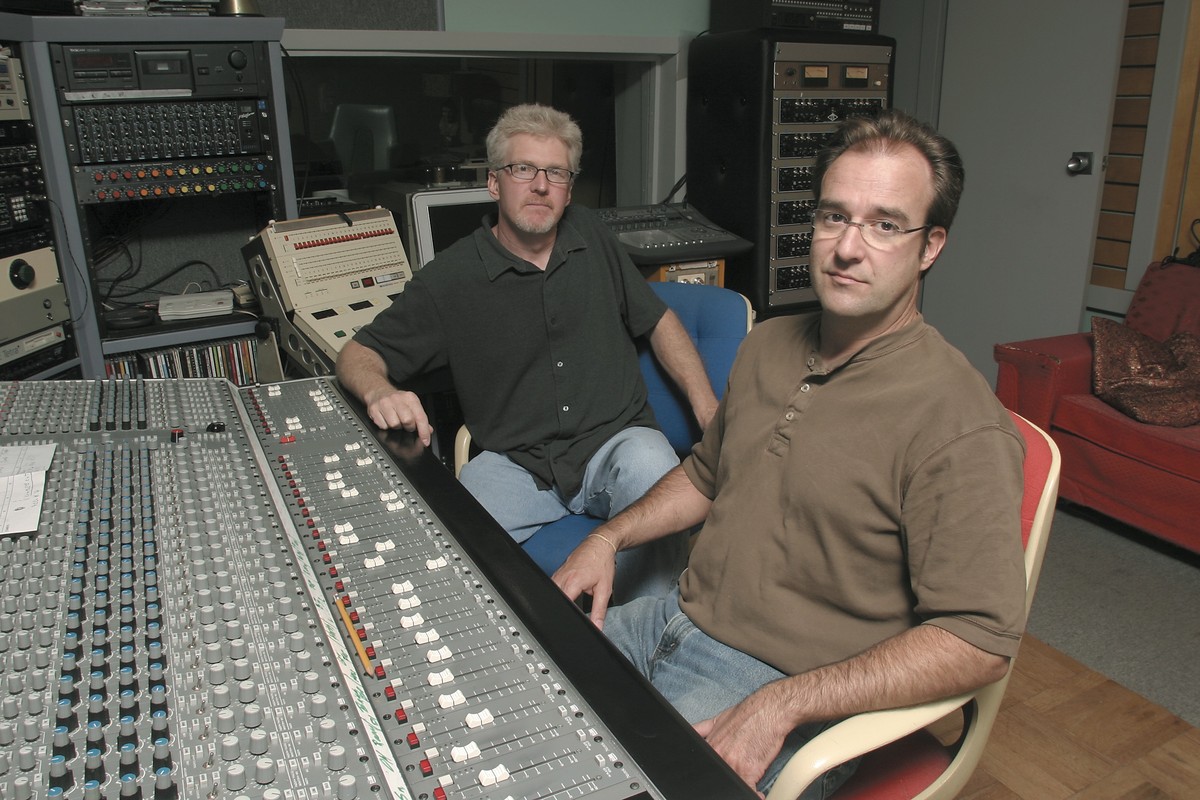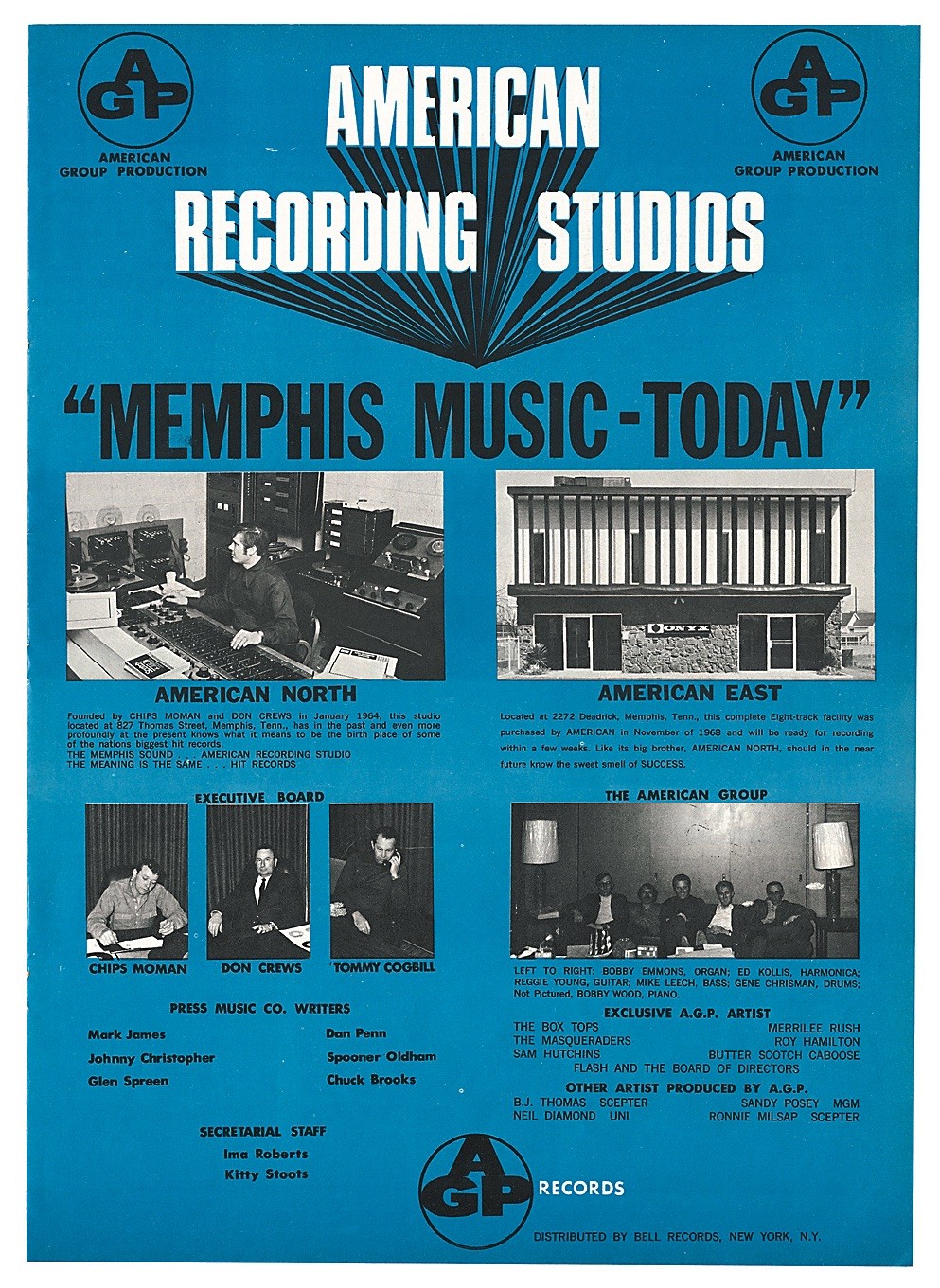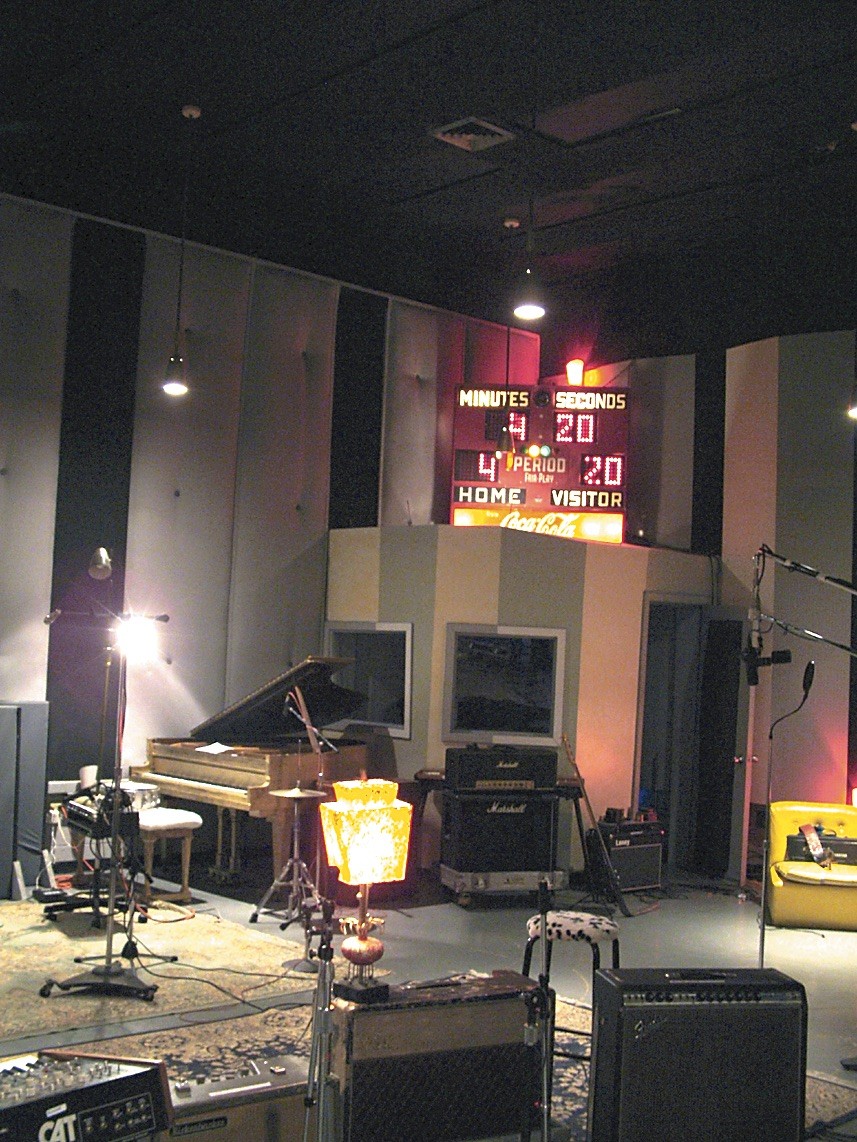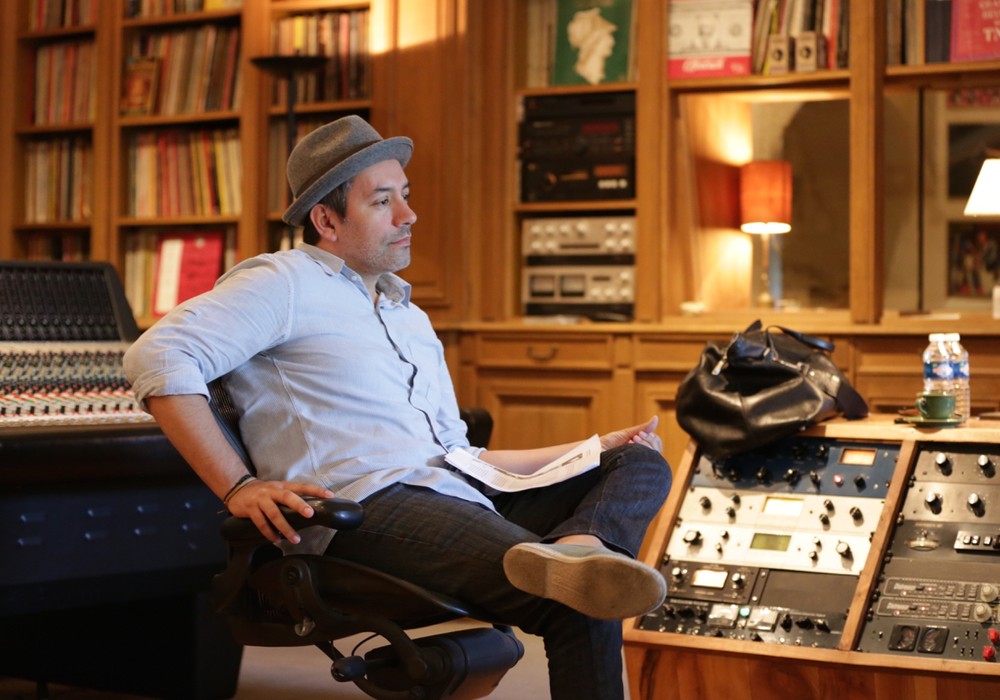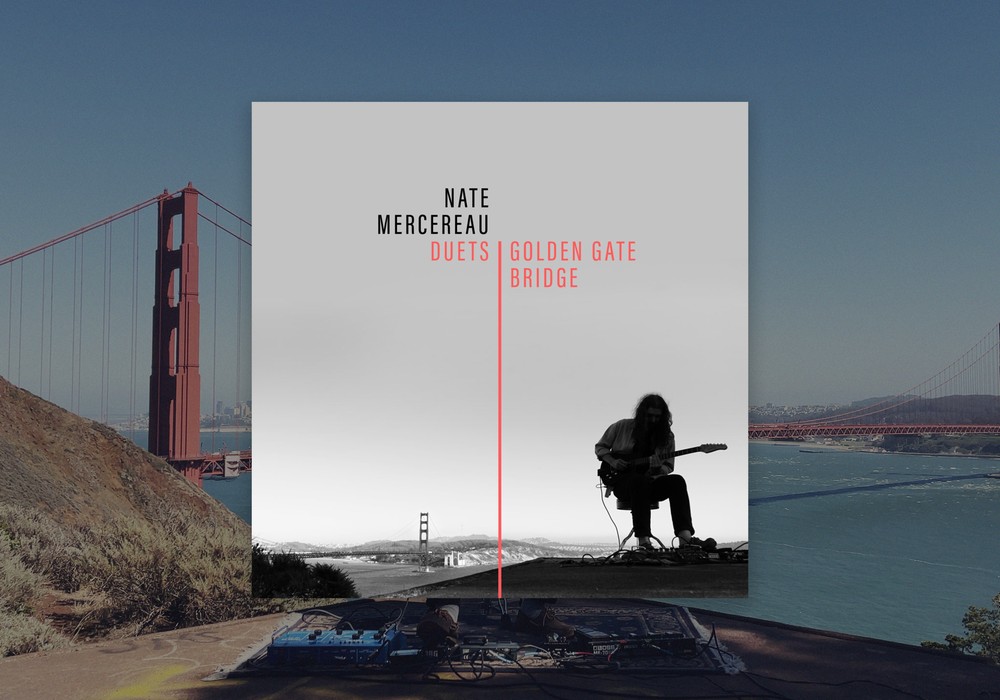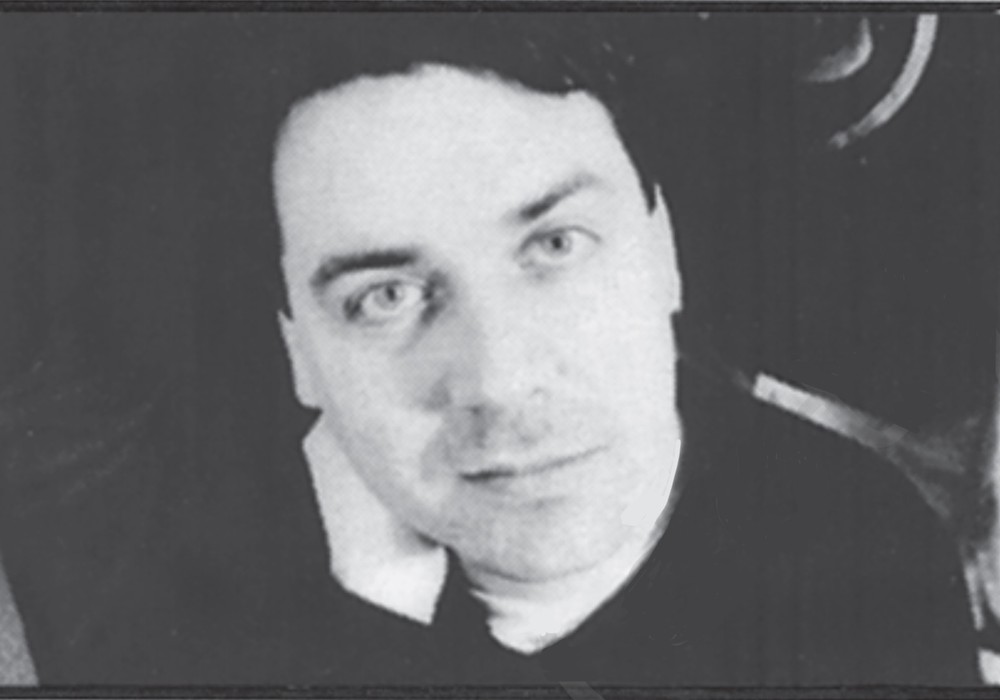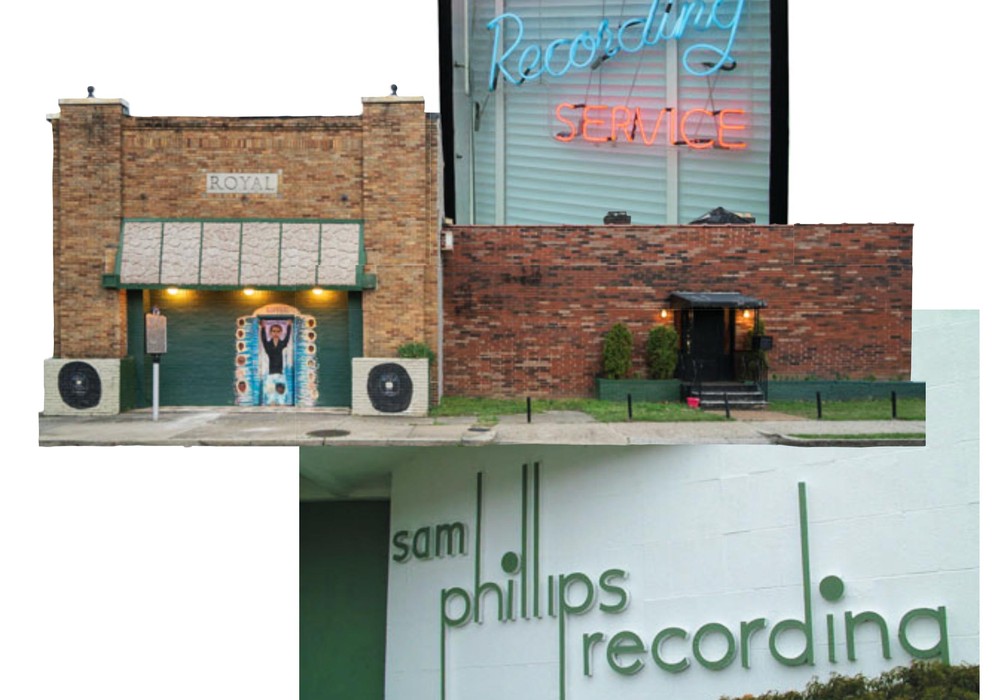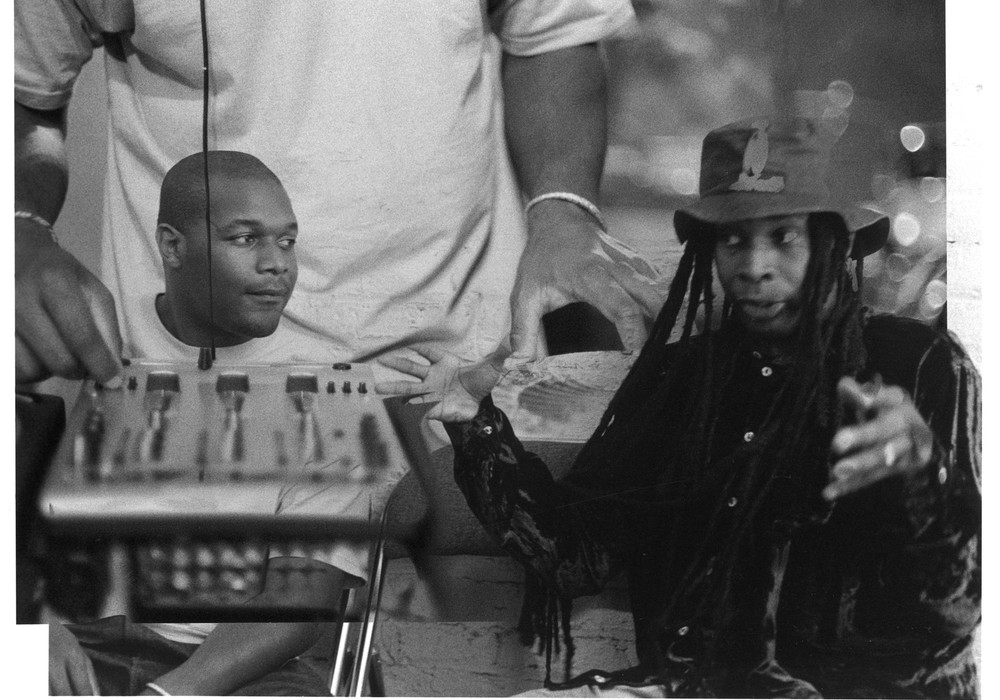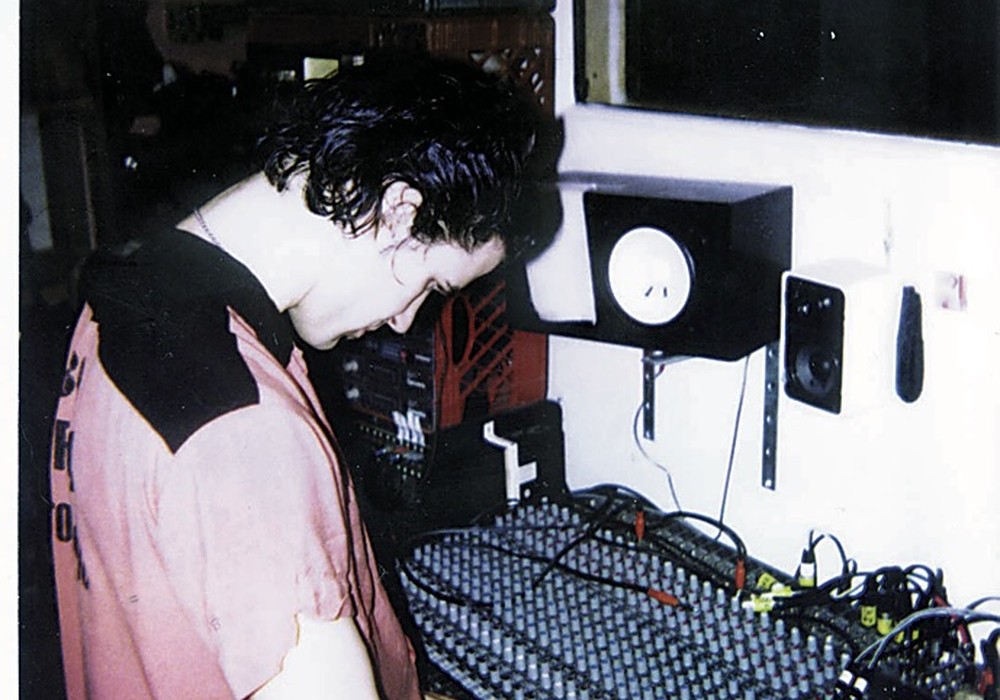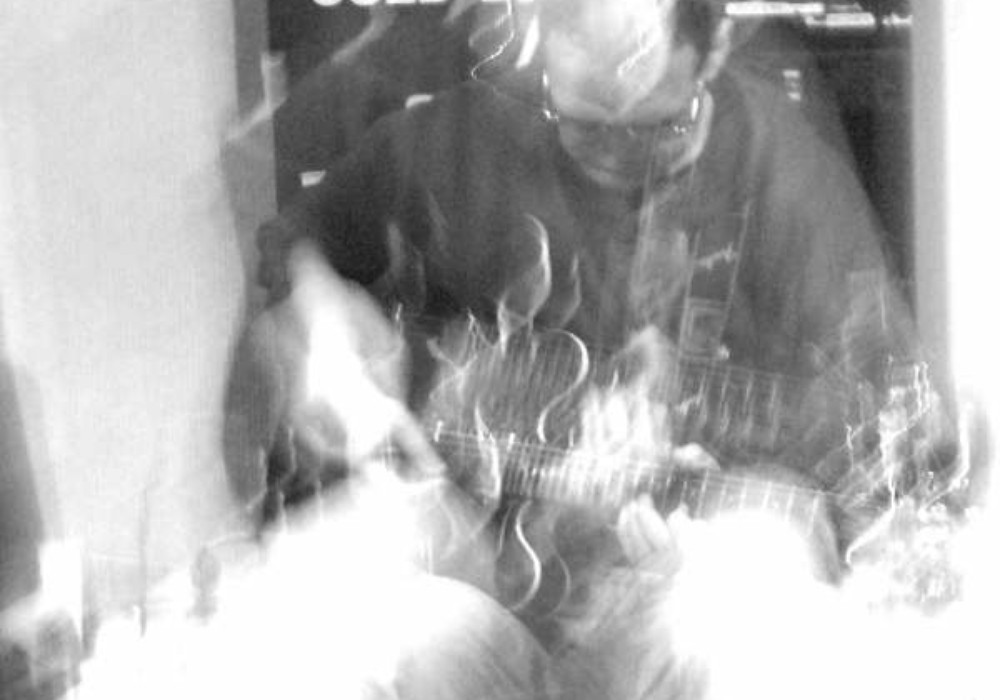Easley McCain Recording in Memphis has been a fixture in the recording scene since the early '90s, initially with local records with bands like the Grifters, and later nationally with bands like Sonic Youth, Pavement, The White Stripes, Guided By Voices, Wilco and the Spinanes coming from out of town to record there. Partners Doug Easley and Davis McCain have been at the recording game a lot longer than this, though, with Doug growing up watching his friend's older brothers playing in the Box Tops and building a studio out back of his house in the early '80s. Easley McCain stays busy these days, even if Doug and Davis aren't as active behind the console as they used to be. Younger engineers and producers like Stuart Sikes [Tape Op #65] and Jeff Powell [#95] have kept the place busy; especially noteworthy is the mixing job Stuart recently did for Loretta Lynn's Van Lear Rose. Despite Doug's protests, we got him to hang out with us for an interview upstairs at the studio one afternoon as Jeff Powell and Kevin Cubbins worked on Cory Branan's second album downstairs.
You had a studio in the back of your house before this?
I've had it in my house, I've had it behind my house. I had one in about 1978 — we had one up North Memphis, sort of way out in this house. We bought a Scully 4-track from Stax and we just recorded some blues and some bands from around there.
How much was that an hour?
Oh shit... I don't even remember money! All I remember is spending money! For a 4-track — like $2750 for it. I went to the bank and I was probably 19. Got my Mom, and they were going like, "Y'all need money on... what?" At that time in Memphis that was the anti- Christ. Music at that point in Memphis had just [downward whoosh]. All the bankers had pulled all the money from Stax and all the people and they crumbled.
Big-time financial nightmare there.
Yeah! So I'm goin' down there, "Loan me some money, I'll pay ya' back!" [laughs] You know, four full tracks and a little room. It was fun. Then I made it into my house. And then I built another place behind my house, which a tree just fell on the other day. Mick Davis sorta got involved with me. Davis McCain, my partner, he got involved with me. We kept looking for a place. Actually, this place sorta walked into our studio one day. We had a 24 sitting there and some guy came in and said, "Damn, I got a building."
You lease it?
Yeah.
So this used to be a studio before?
Yeah. It's got a really bitchin' ad. This is the first studio Chips Moman built in Memphis [American East]. From the ground up. Everything else — they've just converted a building.
What year?
Sixty-eight. You know, Memphis had such promise in the music world. Billboard had its own little...
...a section for Memphis?
Oh yeah, 'cuz they were kickin' ass.
What year did you move into this space?
We got here in '90. So we've been here 14 years, Davis and I.
I first heard about you guys through The Grifters.
Right. I've always felt that Memphis is great at exporting local products and everything. Especially music. To sort of support things you always had to get it out of here. I always wanted to get into that exporting away from here 'cuz I realized the local scene is not enough to support bands and music. And it sort of worked that way but it actually sort of flip-flopped on us and people came here. And it was freaky, just odd. I guess I expected more like every Memphis band is gonna make a record and go out and do it.
It seemed like in the mid-'90s there was just this huge rush to come record here.
It was unbelievable.
Sonic Youth, Pavement...
Yeah, it was very unusual. Really, you go to the dressing rooms you can sort of tie it all together. You see them all on the same circuit, you know?
Do you think The Grifters were the first band to get around?
I think they were. They did a lot. It could have been Elvis! I really think the mystique of Memphis goes way deeper than anything that somebody can put a finger on. And I do believe [that] not only Elvis but everyone that came after him that really kicked ass.
Sonic Youth came here...
Sonic Youth. They had like 30 racks of guitars, you know? I wanted to go in there one morning before anyone came in and just [makes strumming sound] each one of 'em in their chord. Cuz every headstock, you know, had tape on it.
And it had the notes...
It had the tuning. Had the gauges. It was always strange on their recordings — the VUs do the weirdest shit.
'Cuz of the beats and things of the tunings?
It was just unbelievable to watch.
I never thought about that.
They just freaked out! They...
